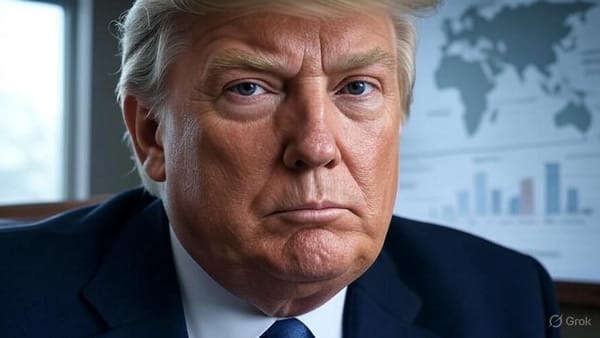China's Rising Influence: Implications and Challenges for Western Countries, Particularly the United States
China's rising influence presents challenges and potential threats to Western countries, particularly the US. From military assertiveness to economic competition and reshaping global governance, Western nations must adapt to a shifting geopolitical landscape.

As the world's second-largest economy, China has been steadily increasing its global presence and influence. Recent developments, such as the restoration of diplomatic ties between Saudi Arabia and Iran mediated by China and the ongoing tensions between China and Taiwan, demonstrate China's expanding reach and assertiveness. As China continues to assert itself, Western countries, particularly the United States, must grapple with the challenges and potential threats posed by this emerging superpower.
First, China's growing military power and assertiveness in the Asia-Pacific region are becoming a significant concern for Western nations. The ongoing tensions between China and Taiwan illustrate this issue, as China's increasing military activities near the island have sparked fears of potential conflict. The United States, which has long supported Taiwan, may find itself drawn into a confrontation with China, a scenario that would have far-reaching consequences for global security and stability.
Second, China's increasing influence in other regions, such as the Middle East, can have implications for the balance of power and the interests of Western countries. As demonstrated by its role in mediating the recent agreement between Saudi Arabia and Iran, China is positioning itself as a key player in shaping regional dynamics. This development could potentially diminish the influence of Western countries in the Middle East, as well as their ability to shape regional policies according to their interests.
Third, China's economic growth and expansion present challenges for Western countries, as it has become a major competitor in global markets. China's ambitious Belt and Road Initiative, aimed at strengthening its trade and infrastructure connections with countries across Asia, Europe, and Africa, is a clear indication of its economic ambitions. This initiative not only poses a direct challenge to Western economic dominance but also has the potential to reshape global trade and investment patterns in China's favor.
Lastly, China's increasing influence in international institutions and its promotion of alternative political models can pose challenges for the liberal democratic values championed by Western countries. As China seeks to expand its global influence, it may promote an alternative vision of governance that challenges the liberal democratic order that has long been the cornerstone of Western political thought.
In conclusion, China's rising influence presents a range of challenges and potential threats to Western countries, particularly the United States. As China continues to assert itself on the global stage, it is crucial for Western nations to recognize and adapt to the changing geopolitical landscape. This includes not only developing strategies to counter China's growing power but also seeking areas of cooperation to maintain global peace and stability.



